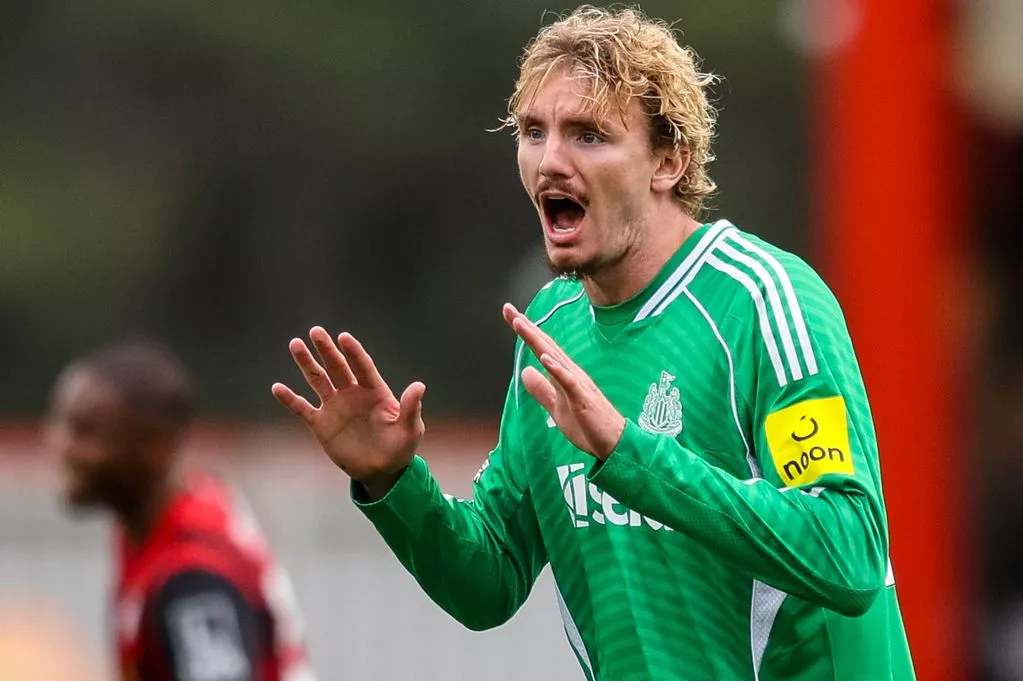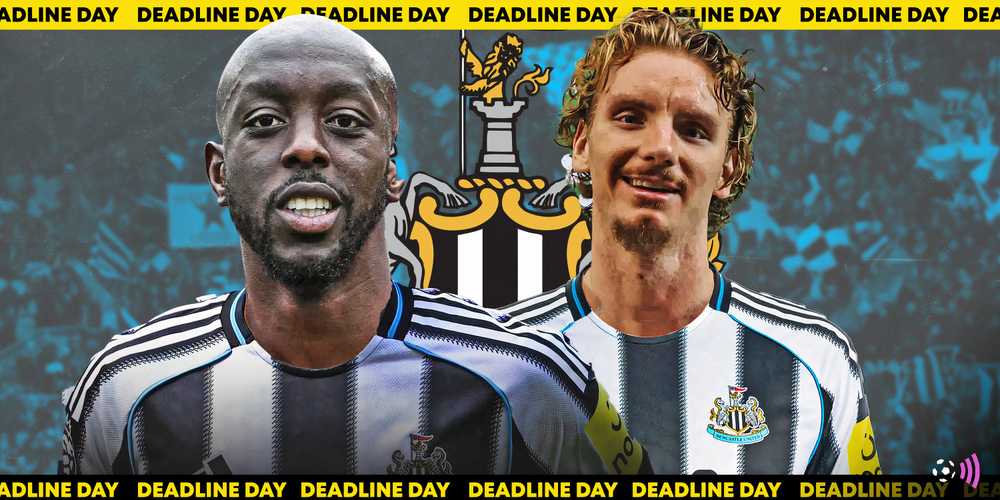The journey of integrating a new striker into a team is always a process that requires patience and adjustment.
For Newcastle United, that process has been made more challenging by the fact that they are trying to replace a truly world-class talent in Alexander Isak.
Following a goalless draw against Bournemouth, manager Eddie Howe openly addressed the central issue that is currently defining his team’s attacking play: the lack of quality service to new record signing Nick Woltemade.
Howe was very clear in his assessment. He explained that all centre-forwards, no matter how talented, rely heavily on the players around them to create opportunities.
To make his point, he brought up Alexander Isak completely unprompted, not once, but twice during his post-match press conference.
He stated plainly that even a striker of Isak’s incredible caliber “wouldn’t have scored a goal for us if we didn’t get up the pitch and get the ball into dangerous areas.”
This was not a criticism of Woltemade’s performance, but a honest admission that the entire team must do better in the final third of the pitch.
The statistics from the match underlined the problem. Only two accurate crosses found their way into the danger area all afternoon, a number that is simply not enough for any team with ambitions of winning football matches.
Howe experimented with different combinations, starting with Jacob Murphy and Joe Willock on the flanks before introducing Harvey Barnes and Anthony Elanga in the second half.

None of the combinations managed to consistently provide the quality of service a striker needs to thrive.
Howe emphasized that the responsibility does not lie solely with the wingers. He pointed out that the midfielders must also start contributing more with assists and by becoming goal threats themselves.
He described it as a collective issue that runs through the entire team, from the defenders who start the moves to the attackers who finish them.
When a team goes through a period without scoring, every single player has to look at how they can help fix the problem.
There is, however, a sense of optimism about the imminent return of some key players. Anthony Gordon is now available again after serving a three-match suspension, and his direct running and creativity will be a welcome addition to the attack.
Further down the line, the returns of Yoane Wissa and Jacob Ramsey from injury will provide even more options and competition for places. These returning players will add different dimensions to the attack and increase the overall collective strength of the squad.
For now, the focus is on improvement and adaptation. The team is learning how to play with a different type of focal point in Woltemade, and that will take time.
Eddie Howe’s decision to address the Isak comparison head-on shows that he is not shying away from the challenge.
The message to his players is clear: they must improve the quality of their build-up play and their final ball. The potential is there, but turning that potential into goals is the next step in this new chapter for Newcastle United.

